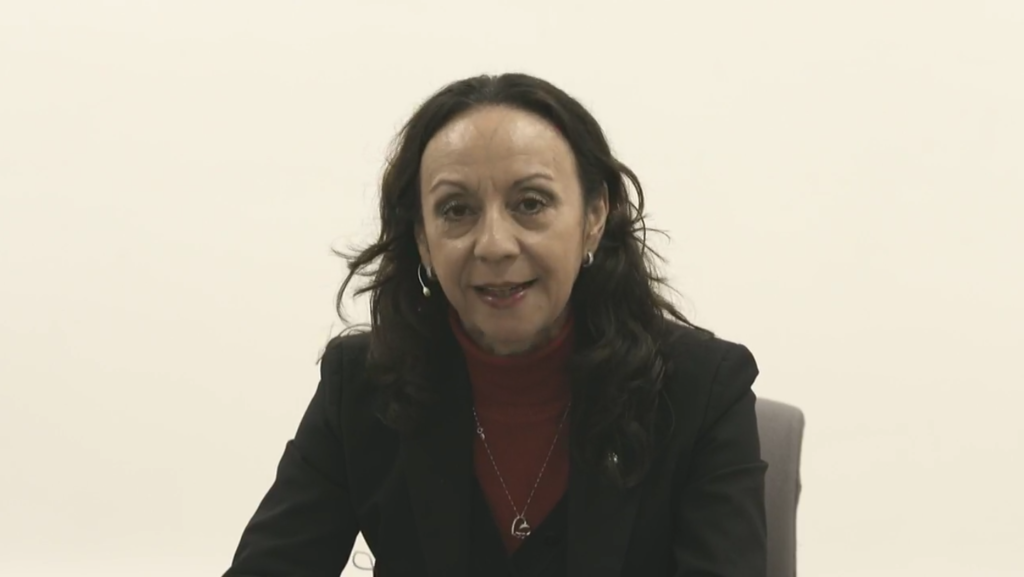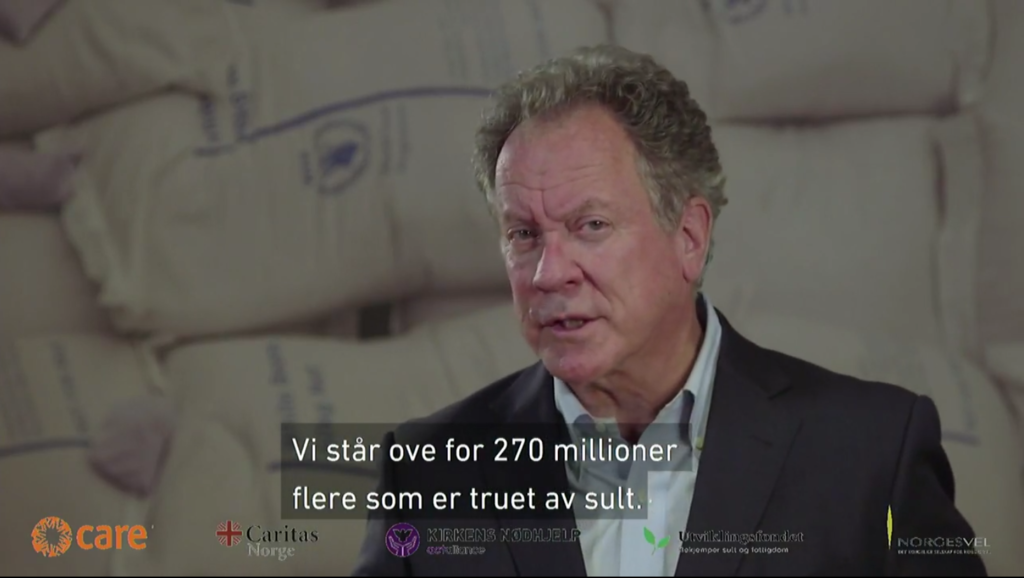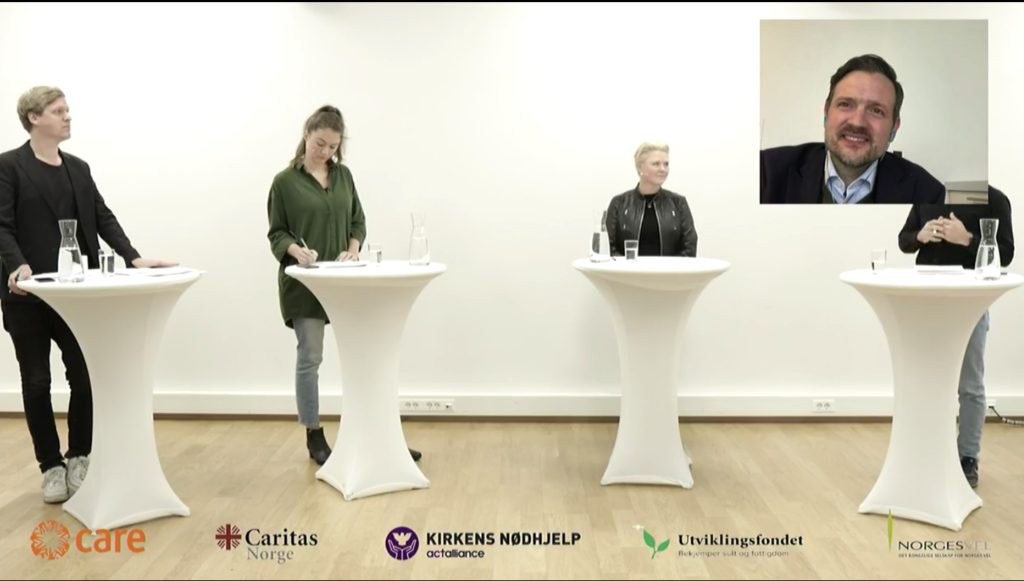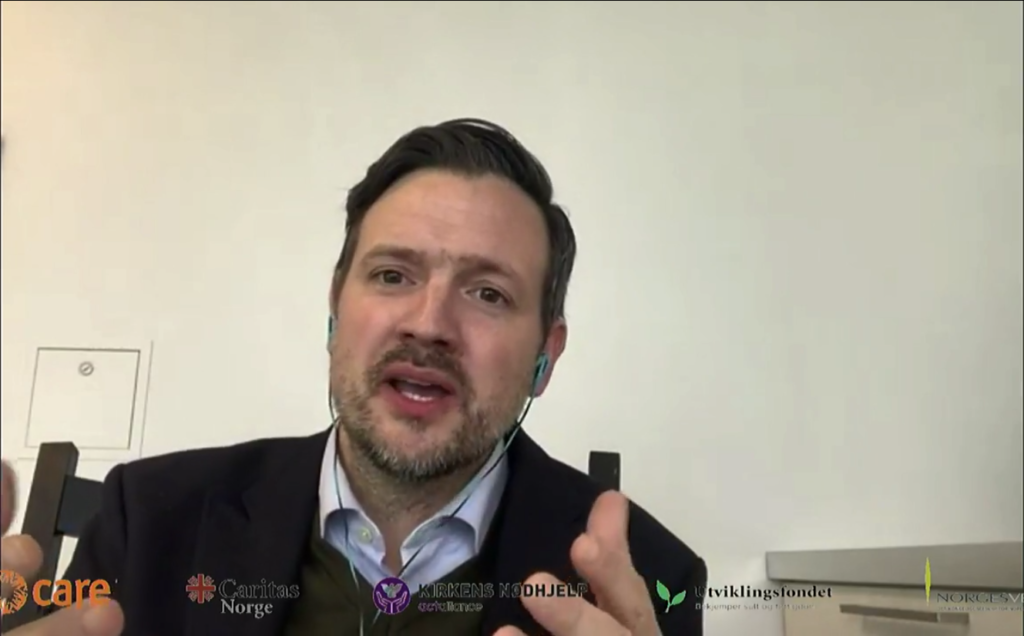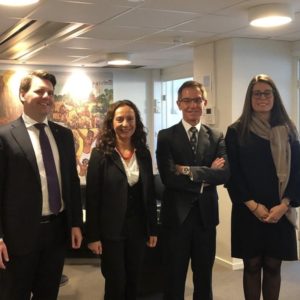On the 16th of October, the CNCC team attended the digital Zero Hunger Conference. Nullsultkonferansen 2020 was held in connection to World Food Day and arranged by Caritas in collaboration with the organisations in the Grow-initative (Kirkens Nødhjelp, Norges vel, Utviklingsfondet and Care).
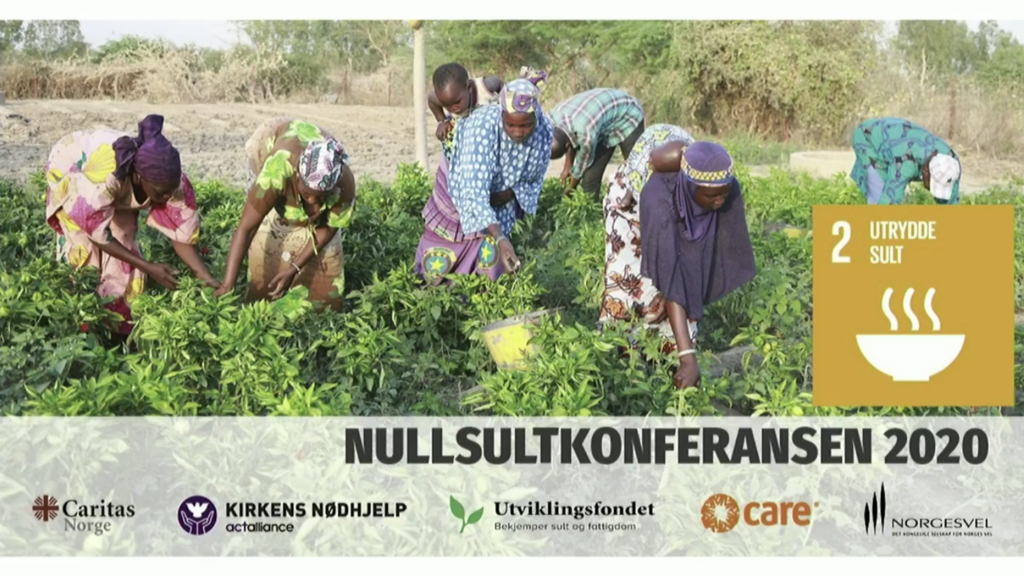
This year’s World Food Day marked the 75th anniversary of the founding of FAO and the theme was “Grow, nourish, sustain. Together. Our actions are our future.” The UNs second sustainable development goal is to reach zero hunger by the year 2030, however the number of people living in hunger has risen more and more the last years.
Covid-19 has up to now taken the life of 1,1 million people. In contrast, 3 million children under the age of 5 die from hunger every year. UNs current estimate show that nearly 690 million people are hungry, this equals to 8,9 percent of the world population. In other words, hunger is the worlds biggest health issue and if recent trends continue the number could surpass 840 million by 2030.
The global hunger crisis is no longer only affecting the poorest countries. Pakistan for example also has people living in hunger despite having the 23rd largest economy in the world. This shows that not only poverty but also global warming, politics and increased differences between the rich and poor are some of the most important reasons we stand in front of this hunger crisis.
According to the World Food Programme, 135 million suffer from acute hunger largely due to man-made conflicts, climate change and economic downturns. The COVID-19 pandemic could now double that number, putting an additional 130 million people at risk of suffering acute hunger by the end of 2020.
2020 has been an important year in understanding that local problems have the potential to affect the world as a whole. This means we need to take action.
The conference pointed out the current world hunger picture, how the Covid-19 pandemic has affected the situation, what Norway as a nation could do and what the global society as a whole could do to prevent it. Is it too late or can we reach zero hunger by 2030?
The event had interventions from different Civil Society Organisations such as the UN food program and a panel consisting of ministers and other politicians.
Program:
- Welcome by Martha Rubiano Skretteberg, generalsekretær Caritas Norge
- Introductions by several international organisations:
- Political panel on how Norway can take more action consisting of: Dag Inge Ulstein, minister of development (KrF), Åsmund Aukrust, member of parliament (AP), Anne Beate Tvinnereim (SP), Sigrid Heiberg (MDG). With comments from Ola Westengen associate professor at Norwegian University of Life Sciences (NMBU)

